Help Children Get The Preventive Dental Care They Need
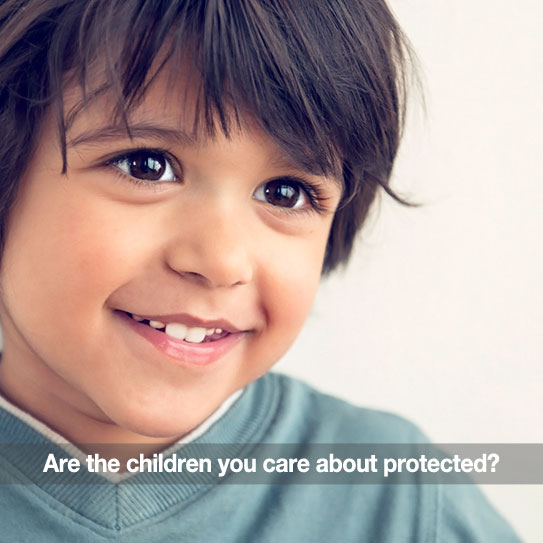
MILLIONS OF CHILDREN TODAY aren’t receiving basic, recommended dental care designed to detect and prevent disease. In fact, various surveys conclude that over half of children and adolescents did not visit a dentist in the past year.
Preventative Care For Children Is Essential For Lifelong Health
Childhood caries are the #1 chronic infection in children—AND they’re preventable! Through regular cleanings, topical fluoride treatments to strengthen teeth and dental sealants to shield tooth surfaces, tooth decay can be dramatically reduced.
If children don’t visit the dental office until decay is advanced—causing pain and damage—they’re much more likely to associate the dental office with fear and pain. Children build lifelong patterns based on these experiences. They may grow up to avoid the dentist, despite pain and damage that occurs as a result of neglect.
Think About The Kids You Love…
Whether you’re a parent, a grandparent, an aunt, uncle, neighbor, coworker or friend… We all have children we care about in our lives. Do those children visit the dentist every six months? Are they educated on the best ways to care for their oral health? Are they protecting their teeth from tooth decay with fluoride and sealants?
Help Protect Those You Love Through Education
Protect children’s smiles and oral health! If there’s anything that we can do to help, give us a call.

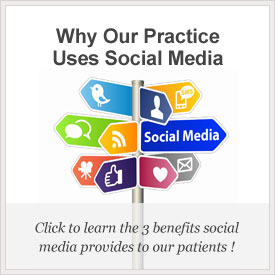




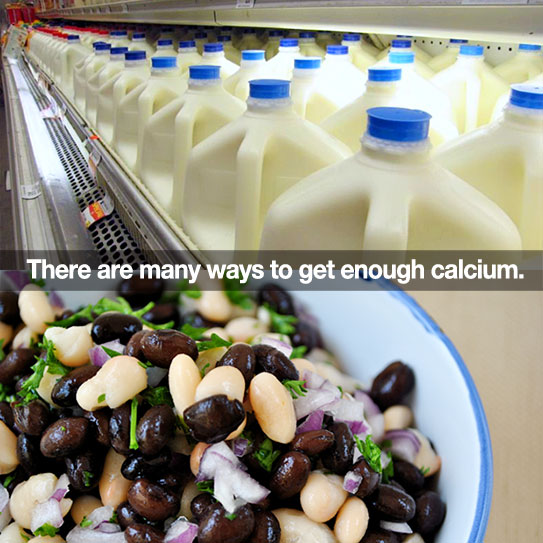

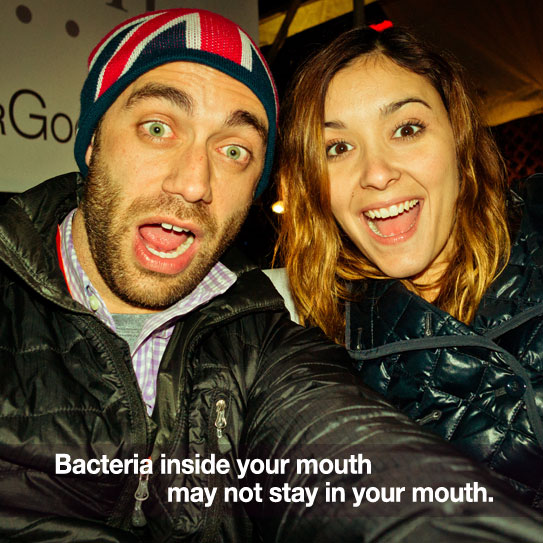
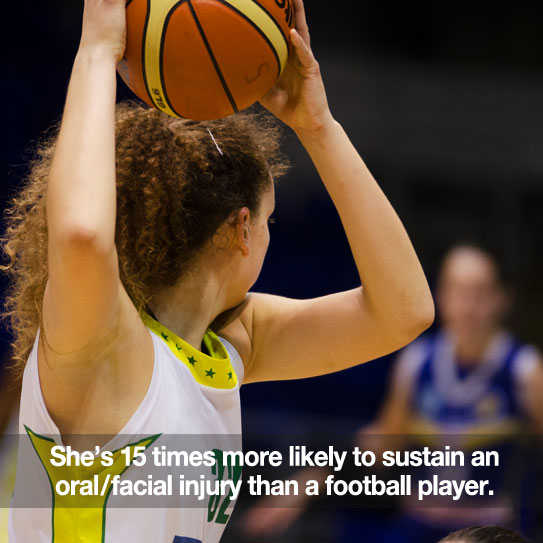

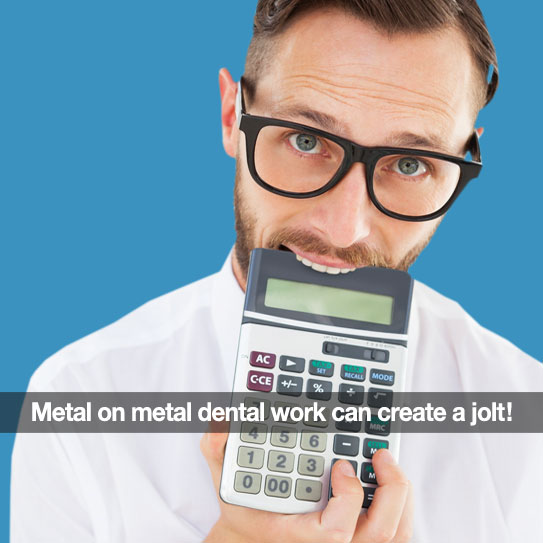
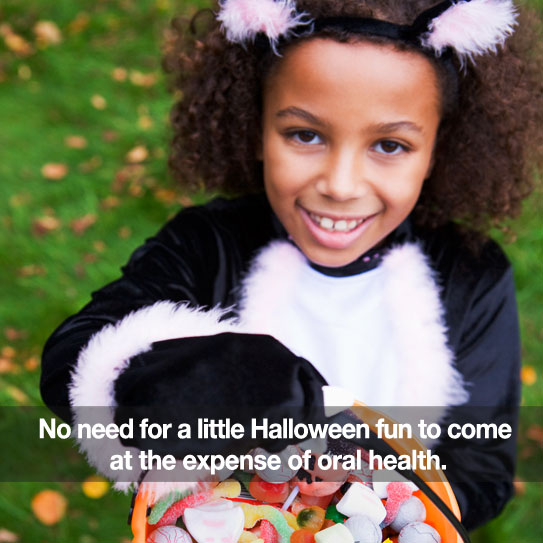
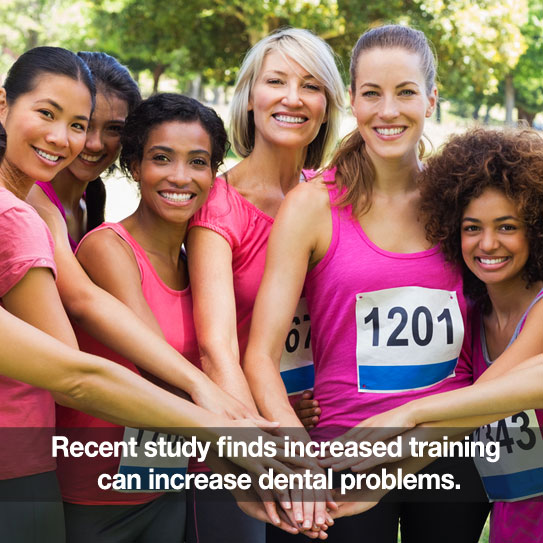
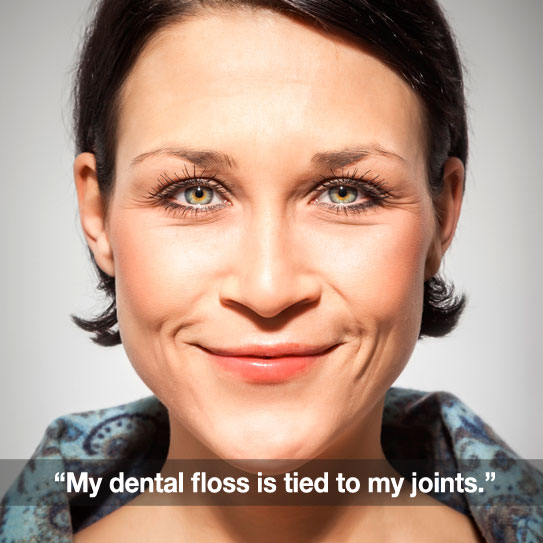
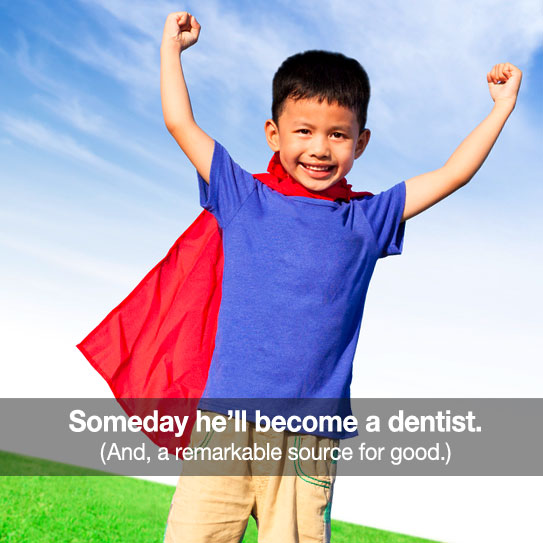

My daughter and I love going to see Dr Aparna Sadineni and her professional staff. We never have to wait and the staff knows us like a second family. I highly recommend this office!